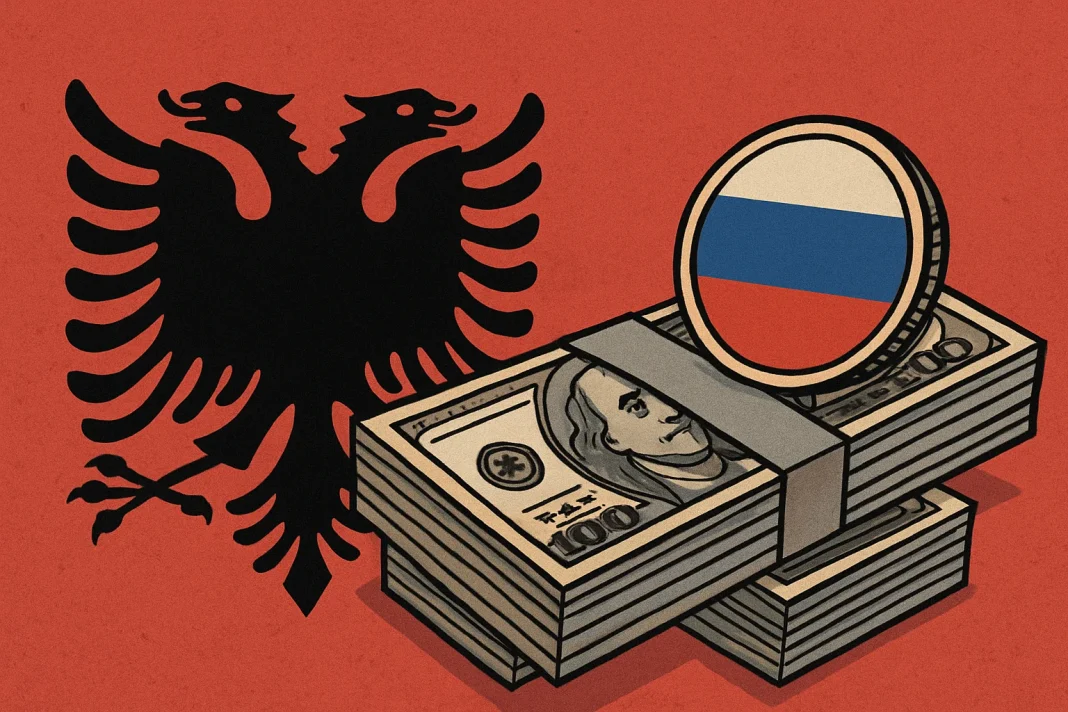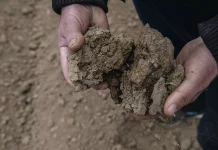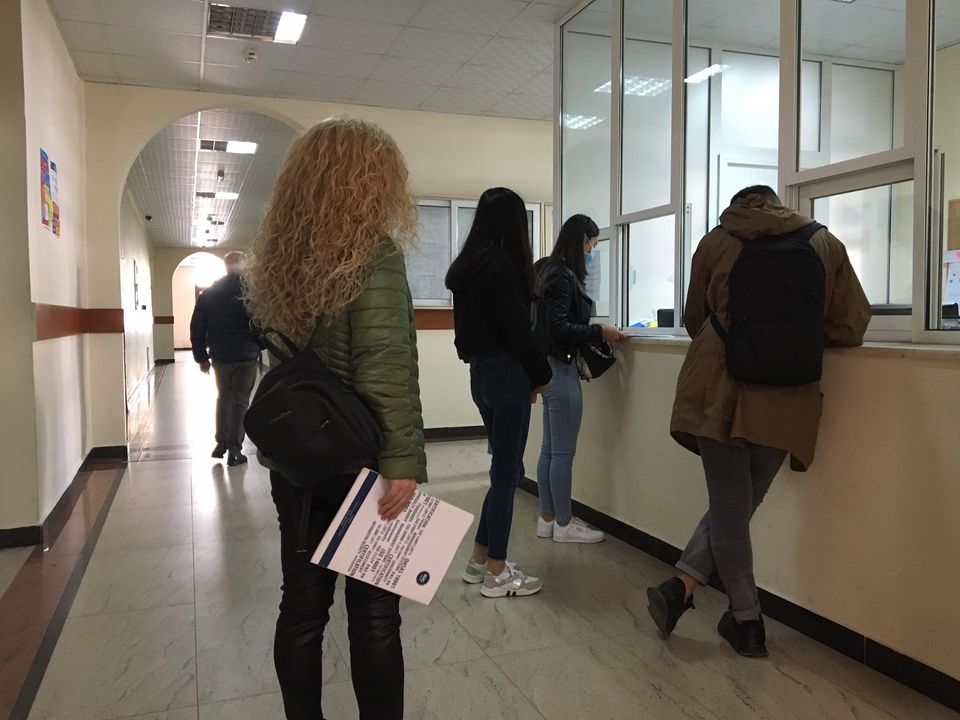Albania may seem removed from the shadowy flows of Russian capital, but in reality, experts warn this could be nothing more than a comforting illusion. Though Russian investments on Albanian soil are minimal and not visible on the surface, weak oversight mechanisms, unprotected markets, and a high degree of informality create dangerous opportunities for the infiltration of unwanted capital, including that originating from Moscow.
By Jona Plumbi
In July 2025, the ad hoc parliamentary committee against disinformation and foreign interference approved the strategy upon which its work will be based. The committee’s chairman, Erion Braçe, described the fight against disinformation and malicious foreign interference as a national priority that demands attention at the highest legislative level. Meanwhile, the group of experts attached to the committee prepared several proposals to protect against foreign influence, including the establishment of a cooperation platform between banks and improved communication among financial institutions.
This concern is also shared by economic experts who spoke with Faktoje about the potential risk Albania faces from the infiltration of ‘dirty’ money coming from hostile countries like Russia. Even though Albania currently appears to have limited exposure to Russian capital, the risk is still present.
In search of invisible traces
‘Albania is less exposed to Russian capital than other countries in the region,’ says Ilir Brasha, an economic expert for Faktoje. He points out that there is currently no concrete evidence of hidden direct investments from Russia. A search in the Open Corporates database reveals only 43 businesses of Russian origin registered in the country, two of which were founded in 2023. But this doesn’t mean everything is under control.
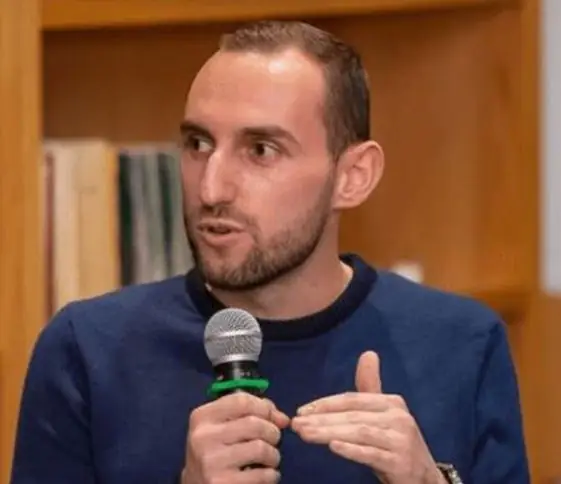
‘The real issue lies in the lack of tracking the ultimate beneficiaries of investments‘, Brasha explains. Russian funds may not arrive directly, but rather through intermediary companies, offshore jurisdictions, or partners operating from tax havens.
Eduart Gjokutaj tells Faktoje that the sectors most at risk of infiltration by Russian capital are construction, real estate, energy, mining, and rural tourism. ‘Where there is high informality and weak oversight, foreign capital with hidden interests can penetrate’, Gjokutaj explains.
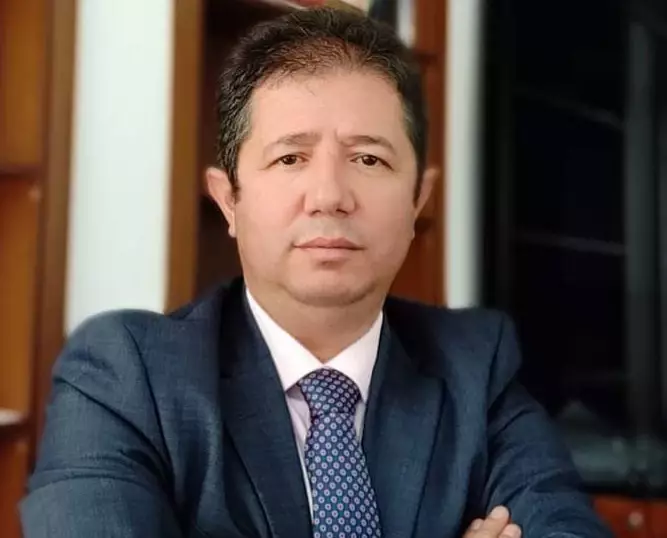
He notes that the real estate market is highly unprotected, with tourist areas such as Saranda, Vlora, Lezha, Shkodra, and Tirana viewed as ideal channels for laundering suspicious funds.
Arben Malaj, one of the experts who provided proposals to the parliamentary committee on disinformation and foreign interference, stresses the need to ‘scan’ all businesses that appear problematic.
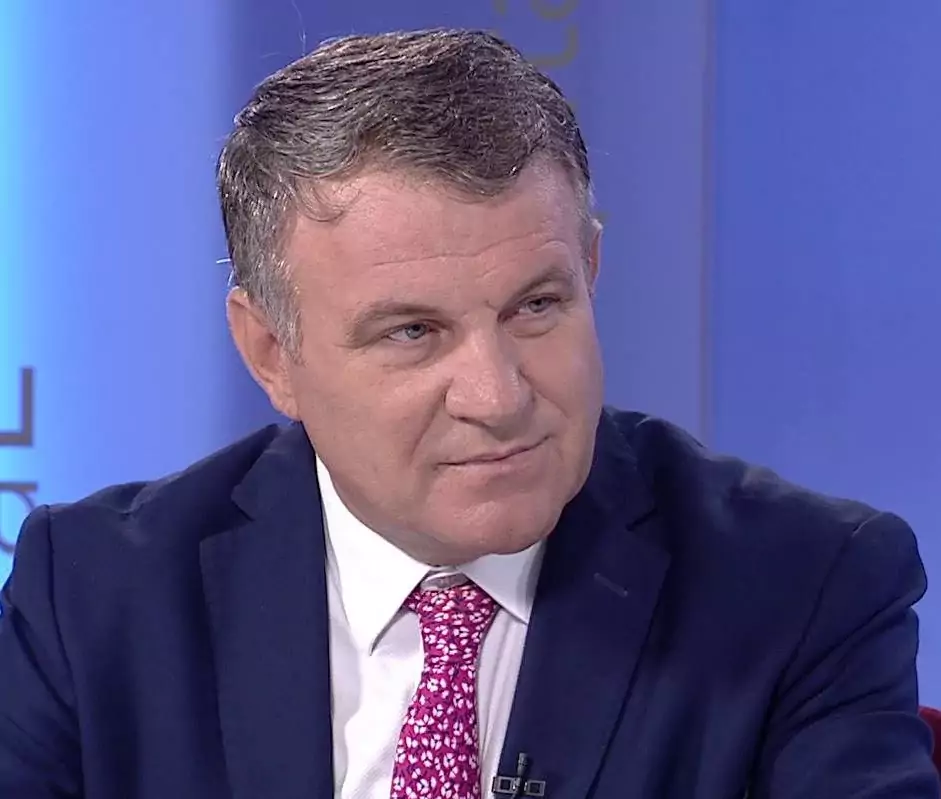
‘Existing businesses in gambling and construction, where there are issues, we should not accuse anyone without cause, but where red flags have been raised, they must be investigated to protect our economy from criminal money’, Malaj stated.
Weaknesses of the state
Although Albania has updated its legislation to comply with European Union directives, its institutions remain ill-prepared to stop disguised capital flows. Gjokutaj believes that the Financial Intelligence Agency (FIA) operates with limited capacities and lacks advanced analytical tools. The Financial Supervisory Authority (FSA) mainly conducts formal oversight, while the Tax Directorate does not have full access to international transaction data.
Experts assess that without a system to verify the ultimate beneficiaries of capital, tracing becomes nearly impossible. The only mechanism that should function to identify links with sanctioned countries like Russia is the ultimate ownership register, which is missing.
At the same time, ‘Albania does not enforce strong controls on capital coming from offshore jurisdictions such as Cyprus, Malta, or the Virgin Islands, where ownership is often hidden‘, Gjokutaj observes.
Another opening Albania has left for such interference is the Law on Strategic Investments, Gjokutaj notes. The law provides exemptions and significant benefits without thorough investigation of the origin of funds, creating room for capital seeking to hide its tracks.
Currently, Russian influence on the Albanian economy appears limited and peripheral. However, experts warn that Albania should not be fooled by this relative calm.
‘Capital is like water, it flows where there are fewer obstacles‘, says Artan Gjergji, a researcher of capital and financial markets. He points out that many investments that appear European or Middle Eastern often involve ownership structures leading to offshore shell companies, where investor identities are practically untraceable.
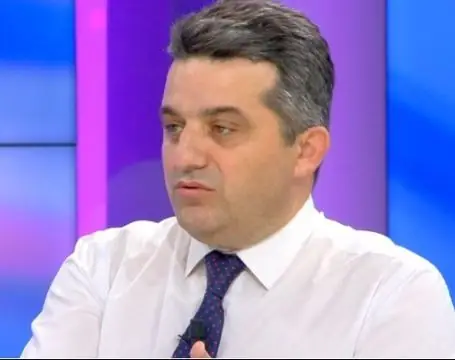
This could pose a serious threat if financial flows from Russia begin to divert from more strictly regulated countries toward places like Albania, where oversight is weaker.
What should be done?
Albania has so far avoided direct exposure, despite attempts by Chinese and Russian capital to enter in some cases, including Gazprom’s purchase of Albpetrol in 2012 and the temporary control of ‘Mother Teresa’ Airport by a Chinese company.
Experts agree on several urgent steps Albania needs to take. Establishing a mandatory and public registry of ultimate beneficiaries for every foreign investment is a point all experts emphasize. Additionally, real-time data sharing among institutions such as the Financial Intelligence Agency (FIA), Bank of Albania, Financial Supervisory Authority (FSA), Tax Directorate, and National Intelligence Service (SHISH) is crucial, according to Eduart Gjokutaj.
The Law on Strategic Investments, passed as a temporary law but repeatedly extended, must implement strong filters regarding the origin of capital. Creating a permanent task force to investigate suspicious financial flows from sanctioned countries and strengthening the role of banks in reporting and analyzing suspicious international transfers are further steps experts recommend.
Conclusion
Even though Russian financial flows in Albania appear to be minimal at present, experts warn that the question is not ‘if‘ but ‘when‘ a more aggressive form of infiltration will be attempted. Without a robust protective architecture, Albania risks becoming the weakest link in economic security in the Balkans.
In a world where wars are no longer fought solely with weapons but also with money, ignoring hidden capital is a luxury Albania cannot afford.


